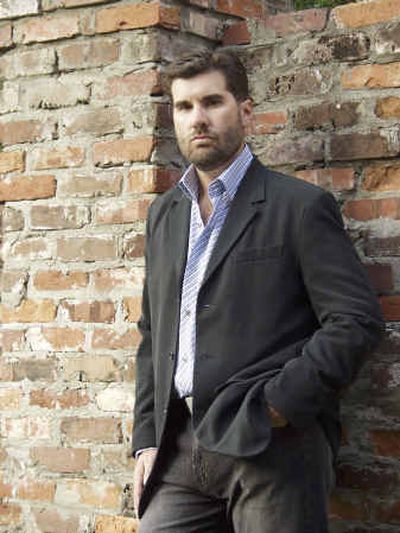Web site lets you ask anything

JACKSONVILLE, Fla. – Why do so many senior citizens drive such big cars? What do people who have been blind since birth “see” in their dreams? Why can a black man look good in a purple suit, while a white guy would look like a total dork?
Questions like these, which may be too politically incorrect to be uttered out loud, have found a place amid the anonymity of the Internet. And Phillip J. Milano believes the site he started – Y? The National Forum on People’s Differences – can actually help bridge the gaps that divide people by race, religion and background.
“Sooner or later, we have to find a way to talk about these things,” said Milano, whose seven-year-old Web site has topped 10 million hits and spawned a new book, “I Can’t Believe You Asked That! A No-Holds-Barred Q&A About Race, Sex, Religion and Other Terrifying Topics,” published by Perigee.
On his Web site, people are free to post questions and reply on a variety of sometimes sensitive topics. The book, on the other hand, gets real experts to address such questions such as: Are white people more sexually perverse than those of other races?
Leonard Pitts, Pulitzer Prize-winning columnist for The Miami Herald, wrote last month that Milano “is quietly revolutionizing cross-cultural communication.”
“If we manage to demystify all the differences, real and perceived, we might be left with fewer things to argue about,” wrote Pitts, who is black. “Maybe we would just keep talking.”
Milano, who is white, wrote his first book, “Why Do White People Smell Like Wet Dogs When They Come in Out of the Rain?” in 1999 and it was based on questions and answers on his Web site. (The book gets its title from a phenomenon some black readers claimed to have noticed; the book could not confirm the observation, and noted that human perception of smell is subjective.)
“There is a genuine interest in the issues that his book addresses,” said Susan Scott, chief executive of Fierce Inc., a corporate training company in Sammamish, Wash. “A part of us wants to know about the weird stuff, the inappropriate stuff, the politically incorrect.”
On the question of black men looking better in purple suits, Milano talked with Constance White, style director for eBay.com, and former style writer for The New York Times. She said black men may look better than white men in purple suits because of “color contrast and cultural context.”
“A black man sort of has a swagger that goes with a purple suit, whereas white men don’t,” White told Milano.
Milano talked to Xuehao Chu, a researcher at the Center for Urban Transportation at the University of South Florida in Tampa, on the elderly and bigger cars. Chu cited a 1994 study that found that senior citizens do indeed prefer bigger cars, because they feel safer and can get in and out of the vehicle more easily.
And Milano disputed the notion that white people are more depraved than other races by quoting Ted McIlvenna, president of the Institute for the Advanced Study of Human Sexuality in San Francisco, who found “absolutely no racial differences” when it comes to sexual behavior.
As for the dreams of blind people, Milano’s book cited studies that found people who have been blind since birth dream as imaginatively as other people, but lack visual images. Instead, their dreams are filled with taste, smell and touch sensations.
Milano, a 42-year-old married father of three sons, works as a community editor for The Florida Times-Union in Jacksonville. He said it is clear he has much work to do, especially following a presidential election that exposed a national divide on such issues as religion and morality.
“I think there is a lot more suspicion out there than I realized,” he said. “There are broad and deep cultural divisions, much more than I thought.”